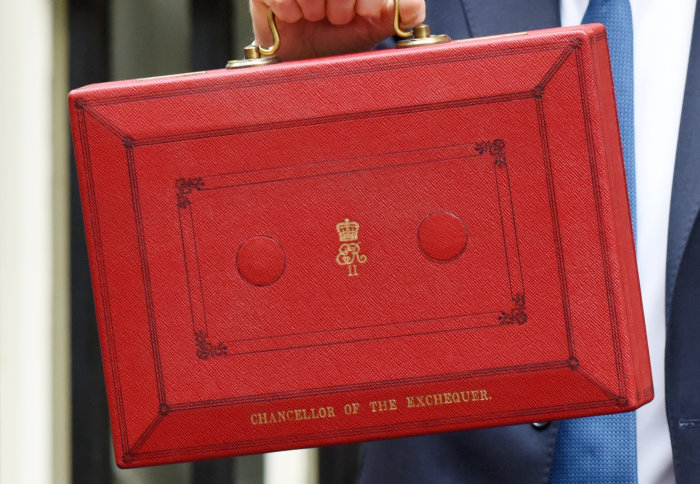When we provide financial planning and advice to clients, it is important that we have an understanding of the purpose of the plan. We therefore use coaching skills to ask questions and uncover real objectives, to help client understand their relationship to money.
Know Thyself
Some clients already have a clear understanding of what they want from life. For them, the coaching element of our process doesn’t take very long.
For other clients, however, this time spent considering the future can be the most revealing and important aspect of the financial planning process.
The phrase we use to describe this is ‘Know Thyself’. An expression we often use is ‘Financial planning is very simple: work out what you want from life, and spend your money on that’.
Finding Acceptance
Over the years, we have found that something very interesting often happens when people really spend time working out what makes them happy – the answer rarely involves owning stuff. It isn’t even accumulating money (although this is true to a certain extent, but there comes a point when ‘enough’ is enough).
In fact what tends to provide wellbeing is the quality of people’s social relationships. This has been proved by a fascinating Harvard study on the subject. Consequently, the amount that they need for the life they want is often less than they thought it was going to be.
We even find that once people focus on the things that really bring wellbeing, they tend to accept their financial position. Not working six days a week in order to get a bigger house, and instead spending time with the kids and finding acceptance in the current financial position.
Acceptance And Ambition
This idea of acceptance troubles me, however. Acceptance, on the face of it, is a reaction to circumstance. It has connotations with ‘making do’, with resignation.
This suggests that there is a conflict between our financial wellbeing principle of ‘Know Thyself’, of acceptance, and ambition. Without a desire for change, for something different, we would not have entrepreneurs, or new inventions, progress. Our very economic system is based around the desire to accumulate wealth, this is what drives innovation.
Imagine a society where people only accumulated as much as they needed. No more. Where innovation came as much from curiosity as it did from a desire for wealth.
A Different Definition Of Acceptance
Acceptance and resignation are not the same thing. For example, imagine being in a job that makes you unhappy. Acceptance is recognising that you are not happy, and then doing something about it. It is also awareness. It is NOT resignation to your fate.
So acceptance and ambition are not mutually exclusive. Working out what you want from life does not have to mean resigning yourself to current circumstances. It does, however mean accepting current circumstances, deciding what makes you happy, establishing what needs to change to get to that future, and creating a path to get there.
Now that’s proper financial planning!
With thanks to Oliver Burkeman, who first pointed out the difference between resignation and acceptance to me on a Financial Wellbeing podcast – Episode 27 The Power of Negativity with Oliver Burkeman








